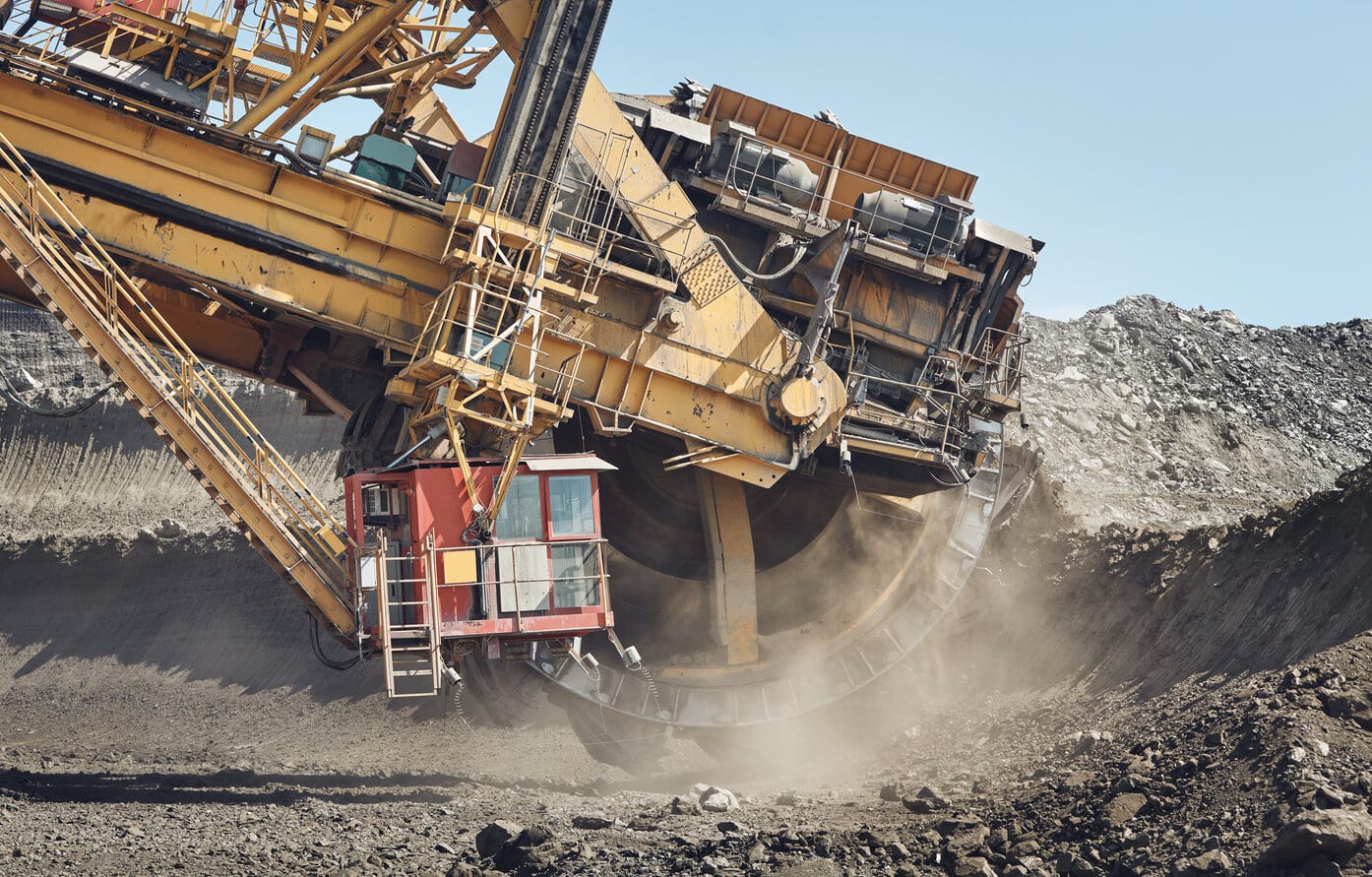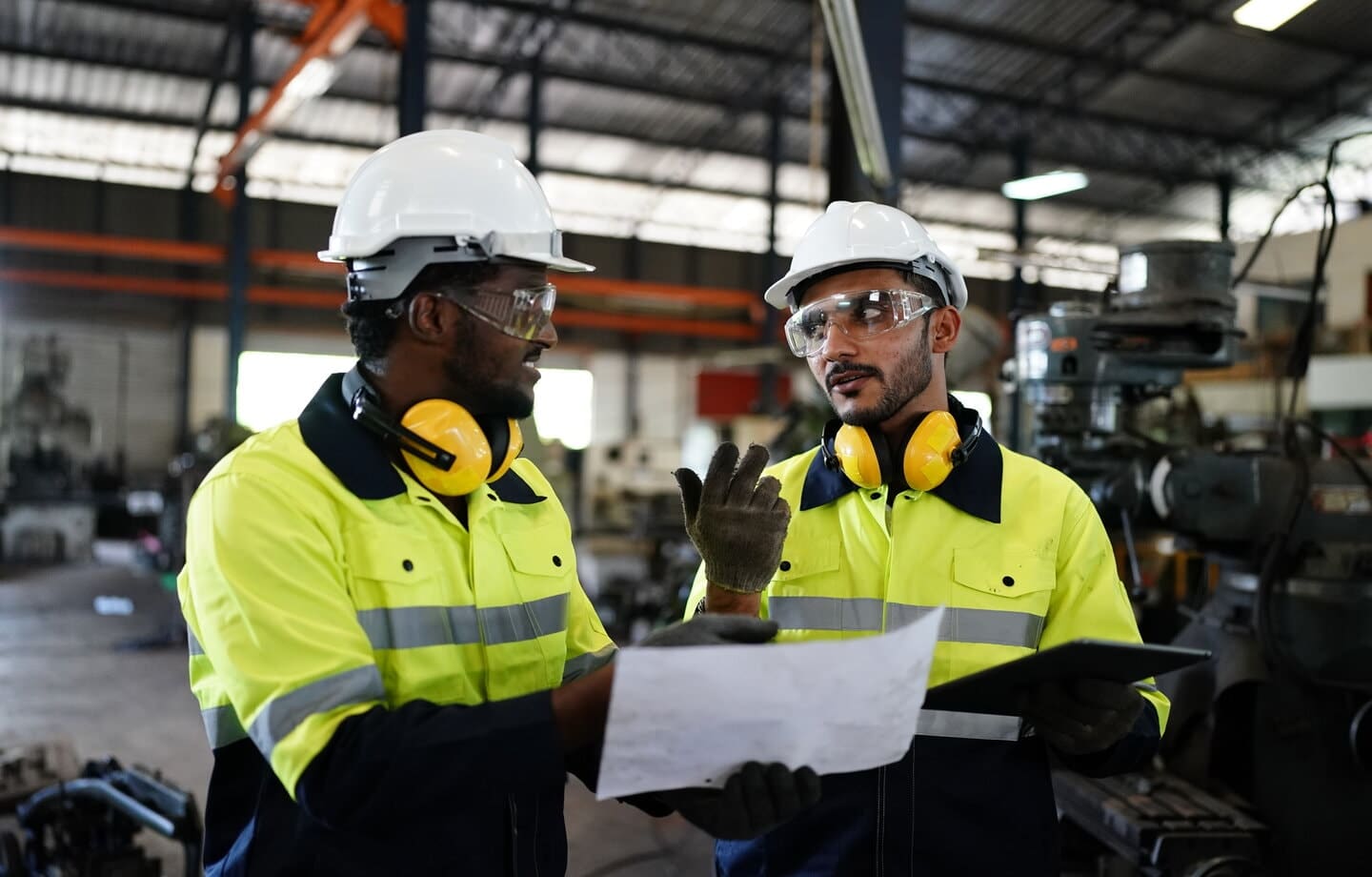Brazil is a fantastic country with a large territory and a great diversity of key industries in Brazil. The different industrial sectors in Brazil are remarkably important for the economy. They span different segments, which have a great influence on all other branches of the economy, from trade to agribusiness.
The industrial sector is an important generator of jobs, employing around 9.7 million Brazilians. In addition, it accounts for 26.3% of the country’s GDP. It is also responsible for a large part of exports and investments in R&D. But what are the main industrial sectors in Brazil? Read our article today and find out.
Key brazilians industries in numbers
Brazilian industry plays a crucial role in the country’s economy, contributing significantly to GDP (Gross Domestic Product) and social development.
Despite having lost market in recent decades, Rafael Cervone, president of the São Paulo State Industries Centre (CIESP) and first vice-president of the São Paulo State Federation of Industries (FIESP), points out that industry still boasts significant numbers.
According to him, Brazilian industry accounts for 26.3 % of Brazil’s GDP as of 2023. From a social point of view, today around 20% of formal jobs are in industry, which means millions of Brazilian families make a living from it.
Furthermore, Cervone emphasizes that the industrial sector not only offers better wages but also has a substantial multiplier effect. He explained that for every R$1 produced in industry, R$2.40 is generated in other sectors of the economy. In addition, the industry plays a crucial role in offering first jobs and in empowering women, especially as heads of households.
In terms of taxes, the sector is also very important, contributing almost 38 % of the country’s tax collection. On the economic front, the industry generates foreign exchange and balances the trade balance, since the sector accounts for around 66 % of the country’s exports.
Finally, it’s important to remember that industry encourages research and innovation, and this has a direct impact on productivity and competitiveness.
Key industries in Brazil: Panorama
Since Brazil’s industrialization in the 1930s, the country’s various industrial sectors have been encouraged by government policies, which have created favorable conditions for the development of national industries.
Today, nearly 95 years later, these sectors guarantee the production of essential goods for the population, such as food, clothing, medicines, electronic products, vehicles and many others.
Here are the keys industries sectors in Brazil, according to Rafael Cervone:
Automobile industry
The automobile industry is one of the most important sectors in Brazil’s industrial economy.
Last year, Brazil was the fifth largest producer of motor vehicles in the world, with more than 2 million vehicles produced.
Today, this sector generates around 1.3 million direct and indirect jobs, making it one of the country’s biggest employers.
Notably, the main hubs for the automobile industry in Brazil include the ABC region of São Paulo, which is the largest automotive center in both Brazil and Latin America, as well as São José dos Campos (SP), Curitiba (PR), Resende (RJ), and Betim (MG).
The petrochemical industry
Supplying essential inputs to various sectors of the economy, such as construction, automotive, textiles, packaging, and domestic appliances, the petrochemical industry plays a crucial role. This sector generates around 220,000 direct and indirect jobs and represents 2.5% of Brazil’s industrial GDP. Major industrial hubs are found in Duque de Caxias (RJ), Camaçari (BA), Paulínia (SP), and the Triângulo Mineiro region (MG).
Metallurgical industry
The metallurgical industry ranges from the production of basic metals such as iron, steel, aluminium and copper to the manufacture of complex end products such as machinery, equipment, vehicles and household appliances.
This sector is very important for the whole supply chain as it supplies basic inputs for the construction industry, the car industry, the capital goods industry and the domestic appliances industry. In all, it generates 3.1 million jobs and accounts for 3.1 % of Brazil’s industrial GDP.
The sector is concentrated in São Paulo’s ABC, in centres in Rio de Janeiro, Minas Gerais and Espírito Santo, as well as Santa Catarina, Rio Grande do Sul and Bahia.
The construction industry
Today, the construction industry can be considered an engine of the national economy. The sector accounts for 3.6% of GDP and generates around 7 million direct and indirect jobs in the country.
The sector’s outlook remains promising, with Brazil facing a housing deficit of 5.8 million units and benefiting from government support programs aimed at addressing this need. Civil construction has seen significant growth in key regions such as São Paulo, Santa Catarina, Rio Grande do Sul, Goiás, Mato Grosso, Bahia, and Pernambuco.

Manufacturing industry
The manufacturing industry plays a major role in Brazil’s GDP, in generating jobs and in the country’s social development. Around 11% of the country’s GDP comes from the sector. In addition, 20% of formal jobs are in the manufacturing industry.
The sector contributes 37.9 % of federal tax revenues and has already invested around R$6 billion in research and development.
Its sub-sectors at key industries in Brazil include food, beverages, textiles, footwear, furniture, machinery and equipment, automotive, chemicals and pharmaceuticals.
The largest concentration of manufacturing industries is in the states of São Paulo, Rio de Janeiro, Santa Catarina, Rio Grande do Sul, Pernambuco and Bahia, but there are also centres in other states and regions.

Steel industry
The steel industry is one of the oldest in Brazil, beginning in the 16th century and consolidating in 1941 with the creation of the Companhia Siderúrgica Nacional (CSN) and the industrialization process.
Brazil is currently the 10th largest crude steel producer globally, with an annual production of 34 million tonnes. The nation exports 15 million tonnes annually, positioning it as a key player in Latin America’s steel market.
The Brazilian steel sector supports 300,000 direct and indirect jobs, serving as a crucial supplier of raw materials to several industries, including construction, automotive manufacturing, and capital goods production. This industry is mainly concentrated in the Southeast, especially in Minas Gerais and São Paulo.
Lasty, there is a Port in Espírito Santo named Tubarão, which is considered the largest in the world in terms of logistics for iron ore.
Last example of key industries in Brazil: The food industry
Brazil’s food industry spans from agricultural commodity production (such as soy, beef, and chicken) to the manufacturing of processed goods like biscuits, soft drinks, and dairy products.
As one of the largest sectors in the country’s economy, it contributes 10.4% to the industrial GDP and creates 1.3 million direct jobs along with 5.2 million indirect employment opportunities.
Currently, Brazil is the world leader in the production of orange juice, beef and chicken, but also stands out with soya, coffee and sugar.
The sector, which exports US$35 billion in food products a year, is concentrated in São Paulo, Santa Catarina, Rio Grande do Sul, Goiás, Mato Grosso, Pernambuco and Bahia, but also has centres in states such as Minas Gerais, Rio de Janeiro and Espírito Santo.

How should you invest in the key industries in Brazil?
For international companies wishing to enter this promising scenario, it is highly recommended to rely on the experience of an international partner with in-depth knowledge of the Brazilian market. In fact, Europartner is the ideal partner in this case. Regardless of the sector your business operates in, the company offers a full range of accounting services, in addition to advising on investments, simplifying bureaucracy, and facilitating operations within the country’s laws and regulations. With this in mind, Europartner’s support ensures your journey in Brazil will be much safer and more successful.
Read also: FAQ about accounting and tax for international companies in Brazil



